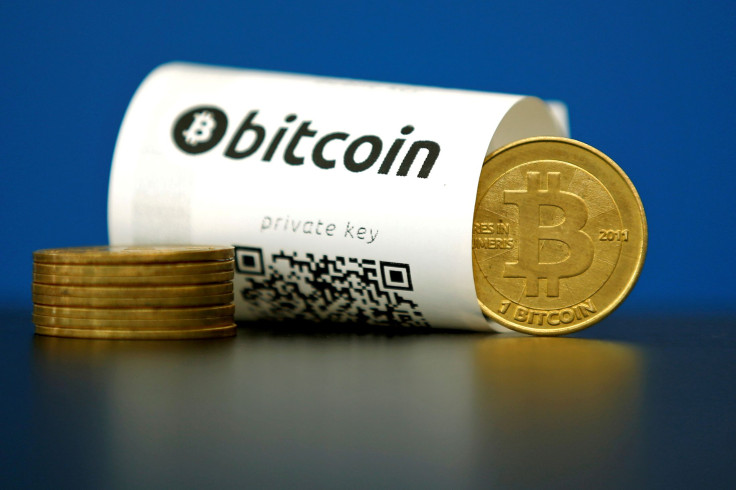Virtual Money: Bitcoin Could Be An Exchange Traded Fund As Soon As Saturday, With SEC Approval

Bitcoin may soon be going mainstream.
The Securities and Exchange Commission is set to decide Saturday whether investors can buy and sell bitcoins, not only on often unregulated, potentially shady digital currency exchange platforms, but also on name-brand marketplaces as an exchange-traded fund — a security that bundles underlying assets, such as commodities and company shares, into a single, purchasable asset.
Cameron and Tyler Winklevoss, the twins known for their early involvement in the creation of Facebook Inc., met with SEC officials Thursday as part of their effort to get shares of their bitcoin-based fund Winklevoss Bitcoin Trust, listed on the Bats BZX Exchange, a Kansas marketplace that touts itself as the largest equities trading platform in the U.S.
The Winklevosses, who proposed their bitcoin-based, exchange-traded fund in July 2013, were joined by SolidX Management LLC — a technology company that focuses on blockchain, a system of recording digital currency transactions — which proposed its SolidX Bitcoin Trust fund in July 2016. And Grayscale Investments LLC, the subsidiary of a venture capital firm dedicated to bitcoin-related startups, proposed its Bitcoin Investment Trust fund in January. The latter two companies, both based in Manhattan, wanted their funds traded on the New York Stock Exchange.
Around the time news surfaced that the twins met with financial regulators, the cryptocurrency surged to around $1,263, beating the cost of an ounce of gold. More recently, however, it’s taken a dive, dropping as low as $1,207.03 early Tuesday afternoon before recovering to around $1,250.
The abrupt value change underscored the well-known risks of trading the digital currency, which got on its first government-regulated exchange in 2015.
That’s not the only thing worrying investors. Thanks to its detachment from established banks and financial institutions, and the fact that users can make purchases with the virtual currency without providing any personal identification, it’s often been linked to terrorist financing.
As Georgetown University finance professor Jim Angel noted in a Tuesday op-ed for the Hill, the nature of exchange-traded funds, which only rely on their underlying assets' values and, in this case, wouldn’t translate to a direct purchase of the virtual currency, would somewhat shield bitcoin from SEC investigations of its manipulation.
This limitation, he wrote, “means that the SEC will lack the fundamental ability to protect U.S. investors from abuses in this market. Approving bitcoin [exchange-traded funds] will lead U.S. investors to slaughter.”
© Copyright IBTimes 2024. All rights reserved.












